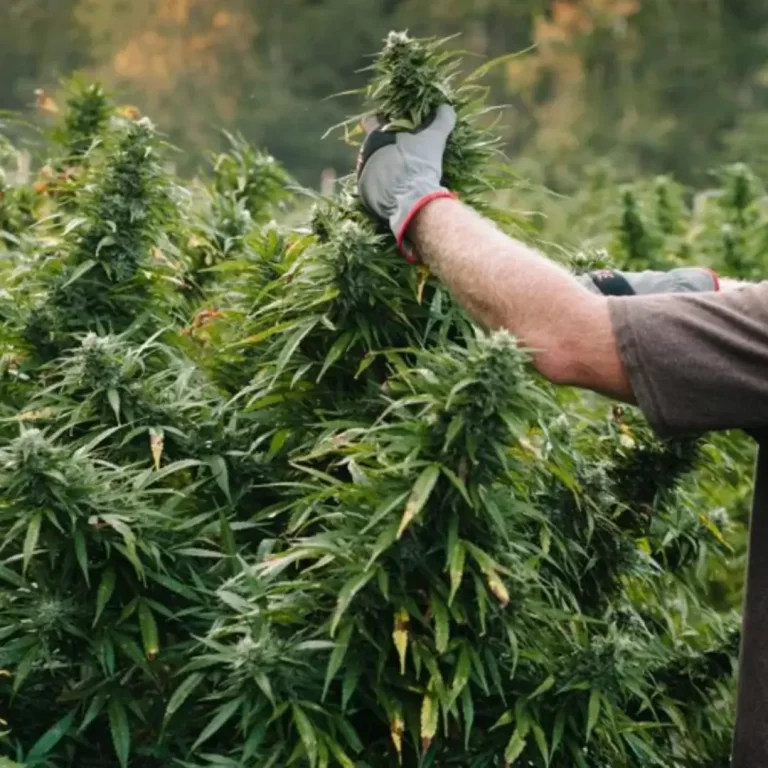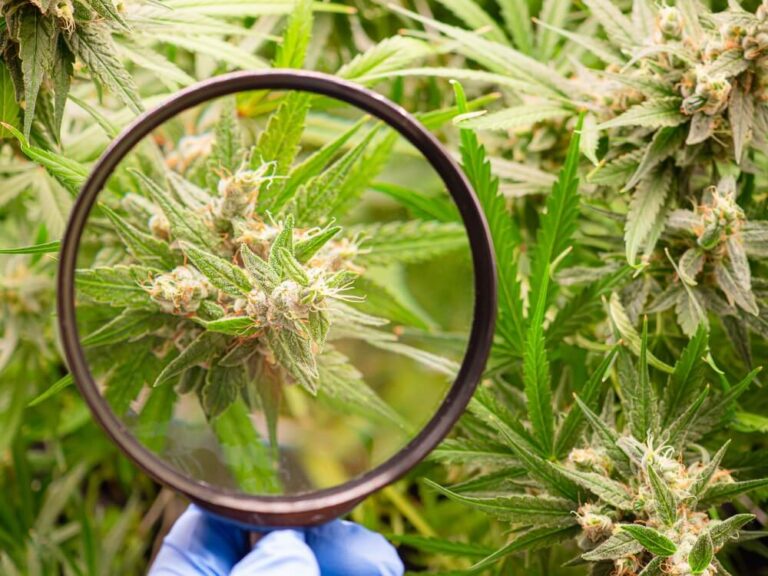
Cannabis Policy Shift Sparks Hope and Skepticism Among Researchers
- Cannabis News
- Cannabutter Digest
Great news for cannabis reformer: the Justice Department recently submitted a proposal to move marijuana from a Schedule I controlled substance down to a Schedule III substance based on a recommendation from the U.S. Department of Health and Human Services. While the move doesn’t lift all cannabis restrictions or take the step of fully legalizing the substance, it is one of the most positive and influential drug policy moves made by the federal government in recent memory.
The new policy rules are now drawing a mixed reception of hope and skepticism among U.S.-based researchers who have for decades faced numerous challenges getting their hands on cannabis for research and scientific purposes. Will the rescheduling of marijuana lead to scientific innovations and open a new frontier of cannabis research? Or will government red tape continue to stall vital cannabis research initiatives?
Rescheduling and Challenges Faced by the Scientific Community
For decades, marijuana has been classified as a Schedule I illegal substance. A Schedule I drug is a substance that has no currently accepted medical use and a high likelihood of abuse. That puts marijuana on par with drugs like heroin. As a substance with “no currently accepted medical use,” scientists and researchers looking to study the cannabis plant have faced numerous roadblocks and challenges when attempting to secure marijuana for research purposes. Although several anecdotal accounts of marijuana used for medicinal purposes stretch back decades and even into ancient human history, there have been few legitimate scientific studies about the therapeutic effects of cannabis.
State and federal regulations significantly restrict access to cannabis products, even for research purposes. Scientists regularly found themselves fumbling through complicated regulatory barriers, challenges accessing cannabis supplies, and significant funding limitations because cannabis is a Schedule I controlled substance.
Things began to change when states started to legalize medicinal and recreational cannabis possession and consumption. Slowly, it became easier for scientific researchers to conduct legitimate research and clinical studies in states with favorable cannabis laws on the books. Colorado was one of the first states to legalize recreational marijuana in 2012. Since then, Colorado universities like The University of Colorado Denver and the University of Colorado Boulder, in addition to hospitals like Children’s Hospital Colorado, have been at the forefront of cannabis research.
Will Shifting Policy Shift Cannabis Research?
Neuroscientist Staci Gruber at McLean Hospital and Harvard Medical School recently noted that conducting research with cannabis is “A burdensome process, and it is certainly a process that has prevented several young and rather invested researchers from pursuing [this kind of work].” Reclassifying marijuana as a Schedule III substance puts it on the same level as ketamine and pain-relievers with codeine. She believes that rescheduling cannabis is a massive paradigm shift that has the potential to open the scientific landscape, especially for new colleagues and researchers looking to study cannabis. She also believes that rescheduling cannabis will eventually translate into more research on the therapeutic benefits of the plant and its use as a treatment for specific medical conditions. It is contributing to the quality of new cannabis research.
Dr. Robert Strongin, professor of organic chemistry at Portland State University, cautiously echoes Gruber’s enthusiasm. While he hopes the policy change will facilitate and encourage new research, he says there is still a significant “knowledge gap.” With so little research into the complexities of the cannabis plant, there is a gap between what the scientific community knows about cannabis and what it doesn’t.
Greater Access Doesn’t Equal More Research
Some researchers are not as thrilled about the new cannabis designation and don’t believe it will create immediate, meaningful changes in the cannabis research industry. Some of the nation’s top cannabis researchers say that it will take time to make progress. One of the original problems with cannabis research is that the Food and Drug Administration requires researchers who test a new drug in humans to submit stringent guidelines outlining statistics on a drug’s absorption and metabolism rates to the results of toxicology reports from lab animals. The FDA also has a backlog of studies with more than 150 research applications for studies into cannabis waiting in the wings. Those aren’t going to instantly get the green light because cannabis gets rescheduled.
Suzanne Sisley, a researcher at Scottsdale Research Institute, one of the few places allowed to grow cannabis for medical research, says her lab’s application to study the potential benefits of cannabis for post-traumatic stress disorder has been on hold with the FDA for two years. She says as long as the FDA remains the agency tasked with managing cannabis research, she is not optimistic that rescheduling cannabis will change much of anything.
Other researchers conducting clinical trials on cannabis also say that existing rules and FDA regulations mean that conducting anything that resembles a traditional clinical trial is “impossible.” However, a spokesperson for the U.S. Health Department says that rescheduling marijuana “may allow for greater access to marijuana for research purposes.”
Scientists will tell you that access to and research into a thing are two completely different issues. While agencies argue that access to cannabis for research purposes will be expanded, getting the go-ahead from federal agencies to conduct legitimate cannabis research may still be a problem, one that has no obvious solution at this time.
Is Funding Still an Issue?
Funding cannabis research has always been a thorn in the side of scientists. That’s because, as a Schedule I drug, there are only a handful of facilities legally allowed to grow and sell research-grade cannabis. One professor says they spend $28,000 on 750 grams of cannabis for medical research. By comparison, an individual could purchase that amount at a San Franciso dispensary for between $4,000 and $5,000.
Many researchers hope that moving cannabis to a Schedule III substance will spark the federal government to approve additional facilities to supply cannabis to researchers, thus helping to lower the cost of cannabis and making it easier for smaller schools and researchers to get in on studies. Others say they don’t expect much to change or to see an increase in DEA-approved cannabis supplies. exciting news, recipes, and product reviews all in one place. Only time will tell how rescheduling cannabis will impact the scientific community.
Find more insightful cannabis content at Cannabutter Digest. We have everything from news to recipes and product reviews.






